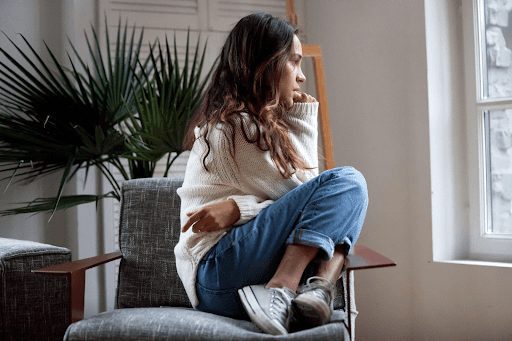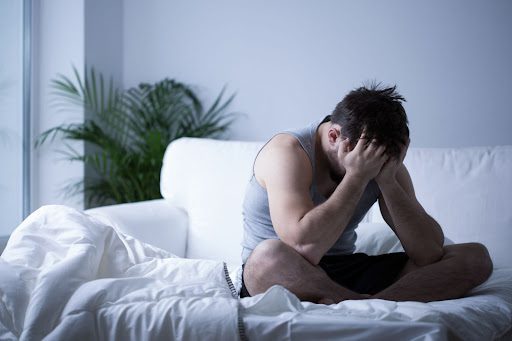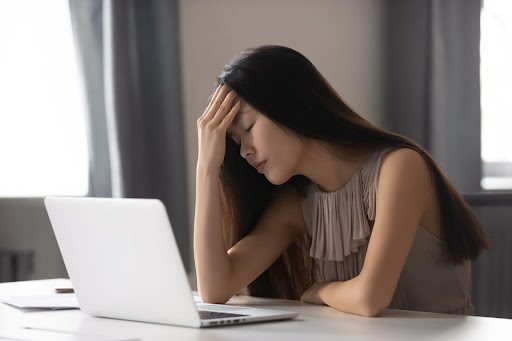Major depressive disorder, or MDD, is considered one of the more common mental health disorders. Yet despite this, the appearance of major depression can vary quite widely, with gender seeming to play a role in how this condition manifests itself. So, what are the characteristics of depression in men vs. women?

A set of social norms that associates certain traits to females or males, gender identity has been shown to act as a possible influence in the appearance of certain mental health issues, with depression being among them.
It should be noted that gender is by no means the only determinant of how one’s mental health is formed. Other factors associated with depression include:
That said, gender can be a significant factor in the way one’s mental health is developed and formed. According to the American Psychiatric Association (APA), women are 1.5-3 more likely to suffer from depression. This gender-based difference only becomes significant around the age of ten, and persists until middle age, at which point the rates of depression among women and men once again become similar. The difference in depression rates among women and men has been well-documented the world over, appearing across countries and cultures.
So, what makes girls and women—starting from the cusp of adolescence and ending as they decrease in fertility—so much more susceptible to depression than boys and men? Research points to several possible factors, which together offer a look at how women and men contend with this condition, and perhaps mental health as a whole.

The major differing aspects of depression that commonly appear in women vs. men are listed below:
| Depression in Women | Depression in Men | |
|---|---|---|
| Prevalence | Depression is 1.5-3 times more common in women than men. | Depression is 1.5-3 times more common in women than men. |
| Gender-Specific Causes for Depression | • Fluctuating Hormone levels. • Pregnancy and labor. • Menstruation. • Menopause. • Birth control/ hormone replacement therapy side effects. | |
| Overall Depression Pattern | • Higher rates of seasonal depression. • Higher rates of atypical depression patterns emphasizing excess, with symptoms like hypersomnia, increased eating and weight gain. | |
| Common Emotional Symptoms | • Guilt. • Worthlessness. • Hopelessness. • Anhedonia (inability to feel joy). • Mood swings. | • Anger. • Irritability. • Restlessness. |
| Common Cognitive Symptoms | • Self-criticism. • Sense of control. | • Obsessive-compulsive thought patterns. • Memory problems. • Difficulty concentrating. • Racing thoughts. |
| Common Behavioral Symptoms | • Crying for no apparent reason. • Decreased appetite. • Suicide attempts. | • Excessive alcohol/drug use. • Risky behavior. • Suicide completion |
| Common Physical Symptoms | • Heartaches. • Breast tenderness. • Physically weak/exhausted. | • Chest tightness. • Erectile and other sexual dysfunction issues. • Digestive issues. • Heart palpitations. • Low testosterone. |
Taken together, the common symptoms of depression among women highlight a number of relevant factors: for starters, women seem to be more emotionally attuned than men, which helps them recognize whether they may be dealing with depression. On the flip side, women are also more likely to ruminate (or heavily and adversely focus) on negative emotions and symptoms of distress, which has been found to be associated with higher rates of depression. Additionally, women are also more likely to communicate their need for mental health support, including in cases of depression. As a result, more women are diagnosed and treated for this condition.
As the above chart shows, women also face a number of physical, hormonal changes, linked to their fertility and motherhood, which can play a decisive role in the appearance of depression.
Finally, and no less crucially, research has shown that women tend to have a lower sense of mastery, or belief that they can control and influence what happens to them. The correlation between gender, mastery and the appearance of depressive symptoms is perhaps most apparent through the symptom of hopelessness: with more women believing they have little control over their own mental health, many develop a feeling of hopelessness that things will improve, or that they will one day feel better.

A leading hypothesis on the difference in gender-related depression rates suggests that a great many cases of depression among men go undiagnosed, and that the actual rate of men battling this condition is actually much higher.
Reasons for underdiagnosing men with depression mainly relate to their manifested symptoms and asking for help: first, men are less likely to realize they might be dealing with depression and might push aside depressive thoughts or feelings rather than consciously facing them.
Second, those who do recognize they are suffering, are often reluctant to ask for mental health assistance. Admitting vulnerability can be hard to reconcile with a traditionally masculine, tough and stoic image many men identify with. As a result, not all men battling mental health issues choose to deal with it on their own, over seeking help from a mental health professional.
Finally, depressive symptoms more common among men, such as anger, restlessness and engaging in risky behavior, can create a “camouflaging” effect, at times causing mental health professionals to miss a depression diagnosis and instead chalk up their symptoms to stress or their personality.
Depression and other mental health issues can severely impact an individual’s quality of life, hindering aspects of their life such as the efficiency of their own coping mechanisms, their relationships to others and their daily functioning. As the stigma of mental health continues to be challenged, more of those facing a mental health issue, whatever their gender, are turning to others for help.
If you or a loved one might be suffering from a mental health condition, please speak with your doctor, look into available depression treatments that have been recognized for their safety and efficacy, and consider reaching out to online or in-person support networks.